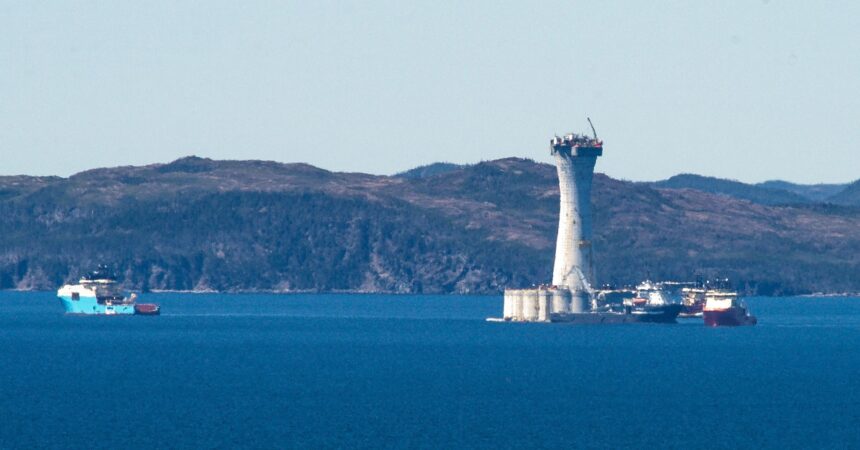The devastating Alberta wildfires that scorched thousands of hectares this spring have now burned through Cenovus Energy’s bottom line, with the oil giant reporting a significant 19% drop in second-quarter profit. The Calgary-based company revealed Thursday that production disruptions directly tied to the natural disaster forced temporary shutdowns across multiple northern Alberta operations, costing the company approximately 25,000 barrels per day in lost output.
“We faced unprecedented challenges this quarter with the wildfires, but our emergency response teams performed exceptionally,” said Jon McKenzie, Cenovus Chief Executive Officer, during Thursday’s investor call. “While the financial impact is unavoidable, our primary focus remained on employee safety and minimizing long-term damage to our infrastructure.”
The financial toll was substantial. Cenovus reported a net income of C$1.02 billion ($740.6 million) for the quarter ending June 30, down sharply from C$1.26 billion during the same period last year. The company’s adjusted earnings of 73 Canadian cents per share missed analyst expectations of 79 cents, according to financial data firm LSEG.
Beyond the wildfire disruptions, Cenovus struggled with broader industry challenges. Total production fell to 730,500 barrels of oil equivalent per day (boepd) from 797,000 boepd last year – a drop that extended beyond just the wildfire impact zones. The company’s downstream operations faced their own hurdles, with refinery throughput declining to 516,500 barrels per day (bpd) from 539,000 bpd in the prior year.
Industry analysts at RBC Capital Markets noted the mixed results in their investor briefing. “While the wildfire impact was telegraphed earlier, the extent of the production disruption exceeded initial estimates,” wrote analyst Greg Pardy. “However, Cenovus continues to demonstrate strong operational efficiency in areas unaffected by the disaster.”
The wildfire crisis represents just the latest challenge for Canada’s oil sector, which has faced a turbulent five years of pandemic disruptions, price volatility, and increasing environmental scrutiny. The industry has become more adept at crisis management, but natural disasters present unique operational challenges that even the most sophisticated contingency planning can’t fully mitigate.
Despite the setbacks, Cenovus maintained its full-year production guidance of 770,000 to 810,000 boepd, suggesting confidence in a strong second-half recovery. The company also reaffirmed its commitment to shareholder returns, maintaining its dividend at 14 Canadian cents per share despite the profit decline.
For Alberta’s broader economy, the wildfire’s impact extends far beyond Cenovus’s balance sheet. The province’s energy sector accounts for nearly 30% of provincial GDP, and disruptions ripple throughout the supply chain. According to provincial estimates, the 2023 wildfire season caused over C$1.5 billion in combined economic losses.
Looking ahead, Cenovus faces the dual challenge of recovering from these operational disruptions while navigating an increasingly complex global energy landscape. With growing climate concerns and volatile commodity prices, Canada’s oil majors must balance immediate recovery with long-term strategic positioning in a rapidly evolving industry.
As McKenzie emphasized in closing the earnings call: “While we can’t control natural disasters, we can control our response. The resilience we’ve demonstrated this quarter will serve us well as we accelerate production through the remainder of 2023.”
For more energy sector news and analysis, visit CO24 Business.























